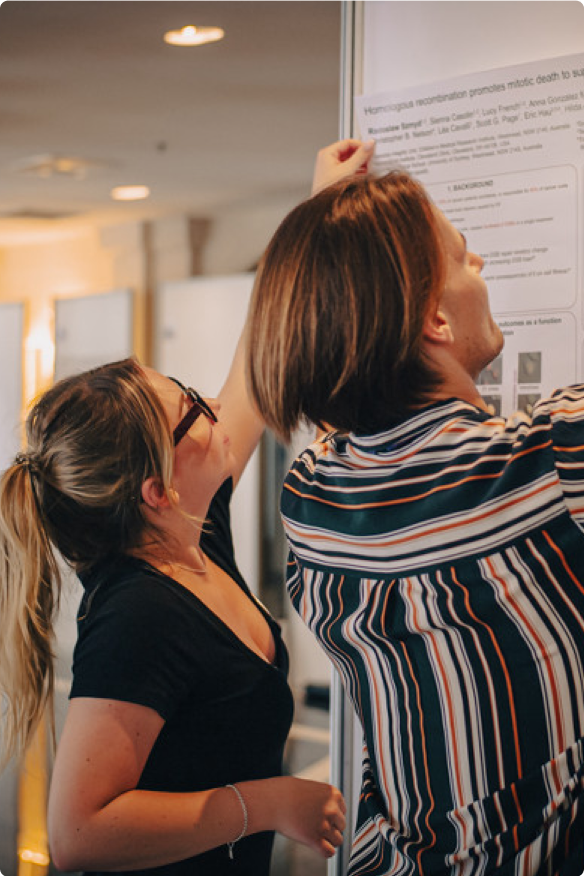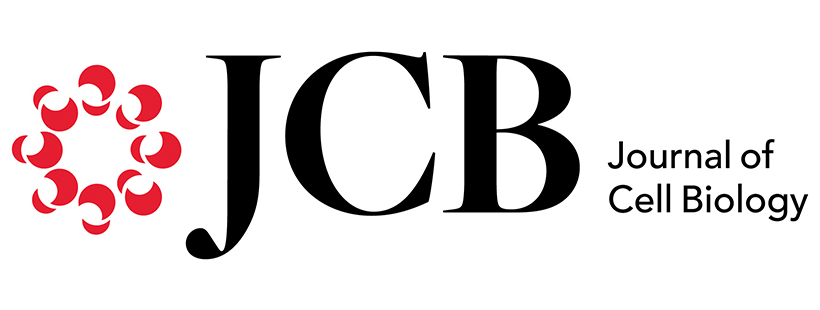- Home
- Past Conferences
- 4th Exploring DNA Repair Pathways as Targets for Cancer Therapy Conference
Synopsis
We understand that registering for a conference is not essential right now. Many researchers will be unable to register for a future conference of interest if their organisation is temporarily closed or preventing travel. Therefore, you can simply register your interest here without committing to attending, and our team will keep you updated regarding deadline reminders and grant opportunities. We hope this service is helpful during this difficult time.
Defects in DNA damage repair and checkpoint control are underlying mechanisms driving tumorigenesis, since they allow for the accumulation of genetic alternations. In addition, defects associated with these pathways are the underlying cause of several human cancer-prone syndromes. On the other hand, defects in DNA repair and checkpoint control create vulnerabilities in cancer cells that can be targeted by DNA damaging agents and inhibitors that disrupt checkpoint pathways. This conference will focus on exploring these vulnerabilities, taking advantage of the synthetic lethality concept and targeting particular DNA repair and checkpoint pathways for cancer therapy. This conference will bring together basic, translational and clinical investigators to discuss current and future directions, opportunities and obstacles to the development of these anti-cancer modalities and how to best translate these concepts to clinical practice.
Key Sessions
- Highlight recent advances in the field of DNA damage repair
- Identify novel targets in DNA repair and checkpoint pathways
- Explore the concept of synthetic lethality for cancer treatment
- Assess the therapeutic potential of new anti-cancer modalities
- Discuss mechanisms of therapeutic resistance and ways to improve cancer therapy
Student Offer
Take advantage of this fantastic opportunity for students! Fully paying academics can bring a student for only $890. Unfortunately, Postdocs are not eligible. Both registration packages include; accommodation for the 17, 18, 19 February 2022 (on a shared basis for students) and a food and beverage package for the conference period. Once registered, please contact Jack Peters to obtain a special registration link for your student.
Confirmed Invited Speakers
Chuna Choudhary (University of Copenhagen)
Karlene Cimprich (Stanford University)
Daniel Durocher (Lunenfeld-Tanenbaum Research Institute)
DISCOVERY OF SYNTHETIC LETHAL INTERACTIONS IN DNA REPAIR PATHWAYS
Mark O'Connor (AstraZeneca)
Agata Smogorzewska (The Rockefeller University)
Steve West (Francis Crick Institute)
SPECIFIC KILLING OF BRCA-DEFICIENT CELLS BY TARGETING NUCLEOTIDE SALVAGE PATHWAYS
Shannon Westin (UT MD Anderson Cancer Center )
Target Audience
This conference explores topics that should appeal to basic, translational, clinical investigators as well as clinicians ranging from academics to industry.
Educational Need
DNA damage repair and checkpoint control is an exciting field that has undergone tremendous growth in the past few years. While insightful new research on the molecular mechanisms that govern a variety of DNA repair and cell cycle checkpoint pathways has led to an expansion of our understanding of DNA damage response pathways in humans, it also offers new approaches for cancer prevention and treatment. The purpose of this conference is to accelerate the translation of basic research findings into clinical practice. The audience will benefit from the interactions with experts in the fields of DNA damage response, drug development and clinical trials.
Confirmed Speakers
Chairs
Programme
Supported by
Interested in sponsoring this conference?
Contact usVenue & Location
Fiesta Americana Puerto Vallarta All Inclusive
The Fiesta Americana Puerto Vallarta All Inclusive is in the beautiful Bahía de Banderas on the Pacific Coast of Mexico. With a mix of contemporary Mexican architecture and the more traditional Mexican styles of Jalisco, the buildings blend perfectly with the surrounding landscape of the Western Sierra Madre Mountains.
Located just 13km from Licenciado Gustavo Díaz Ordaz International Airport and within easy reach of the town of Puerto Vallarta with its array of boutique shops and set alongside one of the most beautiful beaches in the area, this provides the perfect setting for a conference.
Throughout your stay delegates will enjoy a full meal plan, inclusive of beverages. Take your pick from the wonderful selection of restaurants such as Chulavista, a contemporary buffet restaurant overlooking the beach offering Mexican and International cuisine, Rosato, offering mediterranean cuisine with an Italian twist, El Mexicano, serving traditional Mexican fare, Tiatang, adults-only restaurant serving Asian cuisine nightly for dinner and L'Isola, a sophisticated restaurant serving lobster and fine meat cuts in a poolside setting - there is a surchage for dining at this venue. There are also several other dining opportunities such as the Cevichería, Fajita House and Grill as well as the Terrace and Pool Bars. The Café / Deli Express is also open daily for coffee, teas, cakes and pastries.
The themed Gala Night takes place on the third evening of the conference with a mouth-watering feast of local cuisine, an open bar and amazing local entertainment. We welcome all delegates and their accompanying persons to the Gala Night – a truly fun filled night not to be missed!
Hotel facilities include;
- Complimentary Wi-Fi in guest rooms and throughout hotel and conference areas
- Lagoon Pool
- Spa
- Fitness Center
- 8 Restaurants
- Kids Club
- Private Beach
General Information
Venue Rating
★ ★ ★ ★
Currency
US Dollar (USD)
Address
Blvd Francisco Medina Ascencio Km 2.5, Puerto Vallarta 48300, Mexico
Nearest Airport
Licenciado Gustavo Diaz Ordaz International Airport (PVR)
Location
Originally a bustling mining town known as the ‘Las Peñas’ in the 19th century, Puerto Vallarta is framed by the stunning mountains of the Sierra Madre Occidental of Jalisco and the immense Mexican Pacific. This fascinating destination with red roofs, golden sunsets, cobbled streets and beautiful beaches possesses everything that makes for an incredible place to visit.
Puerto Vallarta’s art offering is amazing, from crafts found in the flea market to the fleeting creations made by artists with the sand on the beach. Its art galleries, boardwalk, calm Banderas Bay waters - loved by scuba diving enthusiasts and bustling nightlife bare some of the contrasts that Vallarta holds.
There are many activities you can enjoy during your free time such as visiting the El Salado estuary, going on horseback up the Quimixto waterfall or taking a tour of Banderas Bay. You may also like to explore the Jardín Botánico de Vallarta where you will find orchids, bromeliads, agaves, wild palms and fern grottos along the paths of this gorgeous nature park.
Conference History
If you are interested in this meeting but not yet ready to register, you can sign up for updates here and our team will keep you updated regarding deadline reminders and grant opportunities relating to this meeting only.
If you're interested in sponsoring this conference please contact us.
Conference Manager

Jack Peters


Need some help? Chat to the Fusion team today
As a family run business, our dedication runs deep. We’re committed to each other and, even more so, to every attendee’s experience, delivering a level of care and passion that’s truly unmatched.




































